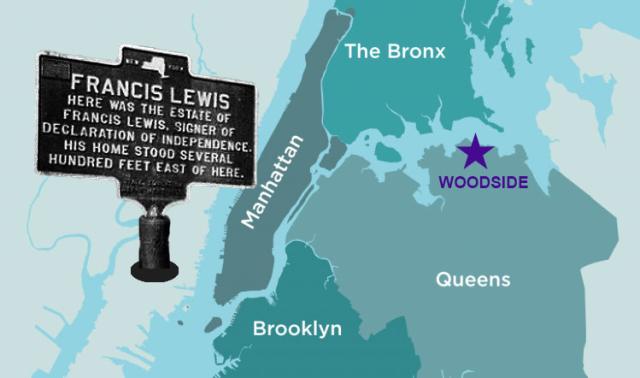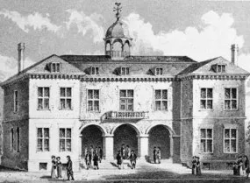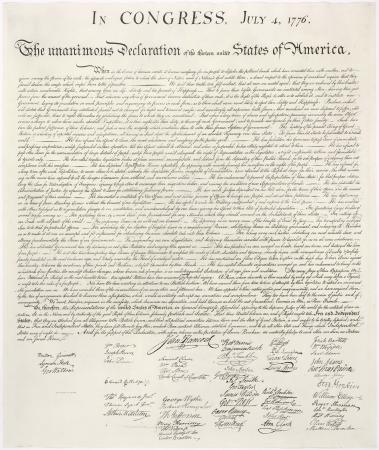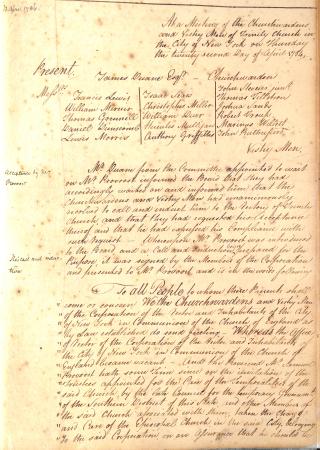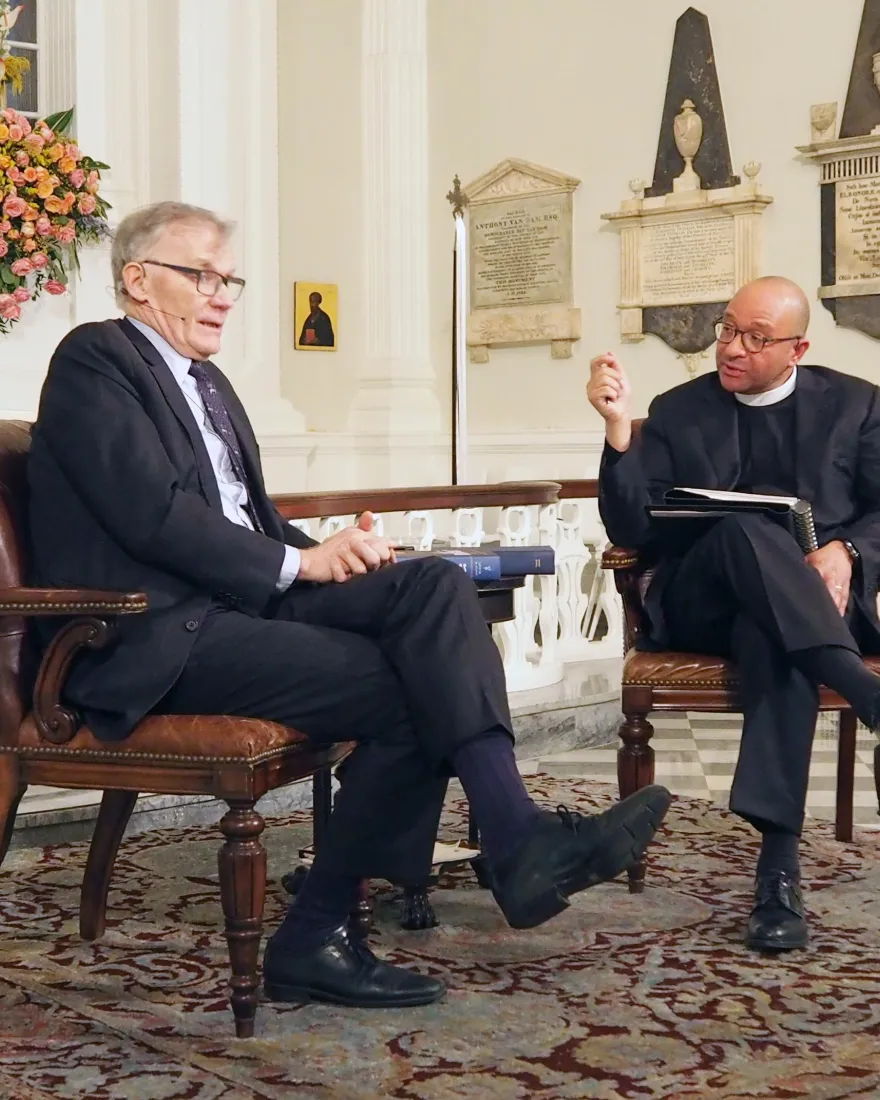Francis Lewis: Immigrant, Merchant, Activist
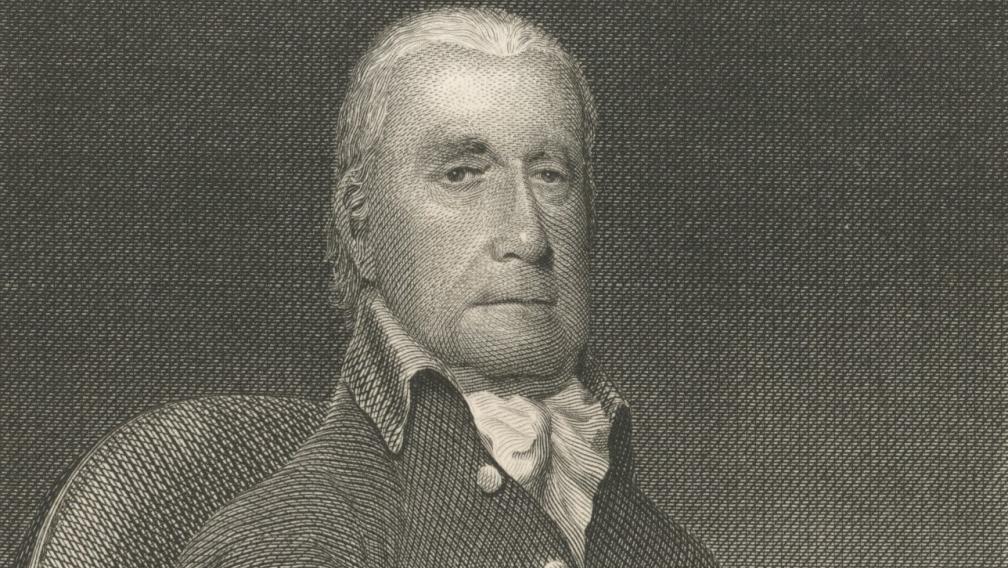
Francis Lewis was an immigrant, merchant and, in later life, an activist and statesman whose work in politics helped lay the building blocks of democracy in New York and beyond. He was also a Trinity Church member.
Lewis was born on March 21, 1713, in Llandaff, Wales, the son of a clergyman. He began a career as a merchant and moved to New York around 1737. At the time of Lewis's arrival, Trinity was still using its original church (pictured below), the first of the parish's three church buildings at Broadway and Wall Street.
Over the next twenty years, Lewis travelled all over the world for his mercantile business. He married Elizabeth Annesley, the sister of his business partner, in 1745.
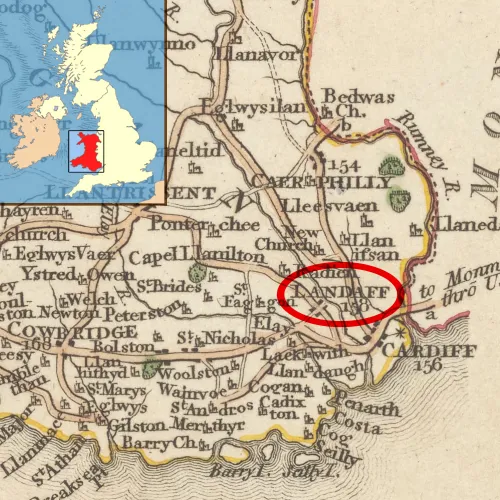
Birthplace
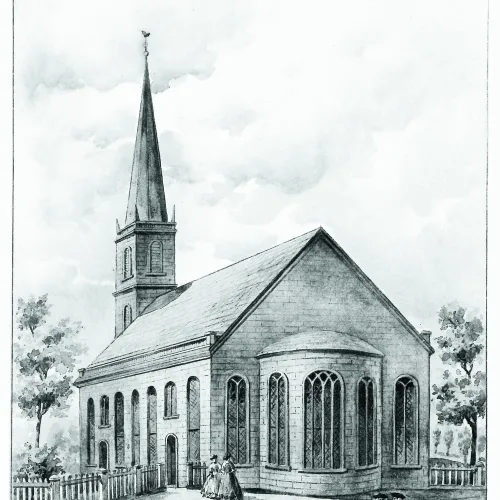
Early Trinity Church
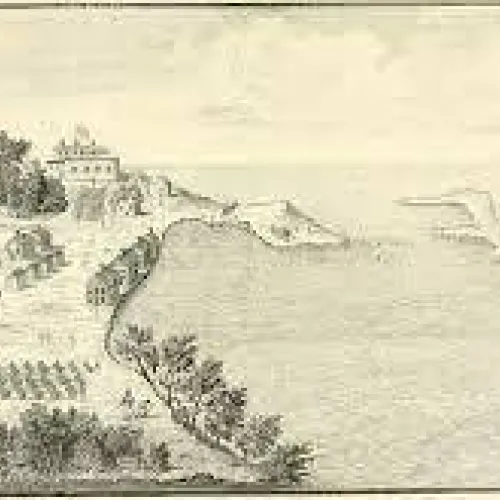
Fort Oswego, c. 1756
In August 1756, Lewis was unluckily caught up in the Seven Years War. While serving as a British mercantile agent to Fort Oswego, he was taken prisoner by the French. Seven years later, a prisoner exchange freed him. He returned to New York City, resurrected his business, and made enough money to retire to Whitestone, Queens, in 1765.
In retirement, Lewis dedicated his life to politics. He kicked off his political career by attending the Stamp Act Congress in October 1765. The Congress’ protests against the Stamp Act, combined with the boycott on British goods across the colonies, alarmed Parliament enough to repeal the Act six months later.
By the 1760s, although Trinity was still very much the official church of the British colonial government, church members were showing increased interest in the cause of greater independence. Francis Lewis was a member of the Committee of Fifty-One, Committee of Sixty, Committee of One Hundred, and New York Provincial Congress. These groups governed New York from 1774 to 1777, when New York became a state. Lewis was a member of the Provincial Congress alongside fellow Trinity Church member Leonard Lispenard.
Lewis was also a delegate to the Second Continental Congress. The Continental Congress served as the government of the United States during the Revolutionary War. Lewis served on the Congress’ marine, foreign affairs, and commerce committees, and was chair of the Board of Admiralty.
Most famously, Lewis was one of the 56 signers of the Declaration of Independence in 1776. In 1778, Lewis was one of only sixteen signers of the Declaration to also sign the Articles of Confederation, the first constitution of the United States.
Lewis retired from politics in 1781. He served as a Vestry member of Trinity Church from 1783 to 1786, helping to lead the parish through a momentous period when Trinity's status changed from that of an Anglican Church to a parish of the newly-formed Episcopal Church. Francis Lewis died at age 89 on December 31, 1802. The exact location of his gravesite is unknown, but we know that he was buried in Trinity Churchyard. Lewis is the only signer of the Declaration of Independence to be buried in Manhattan.






